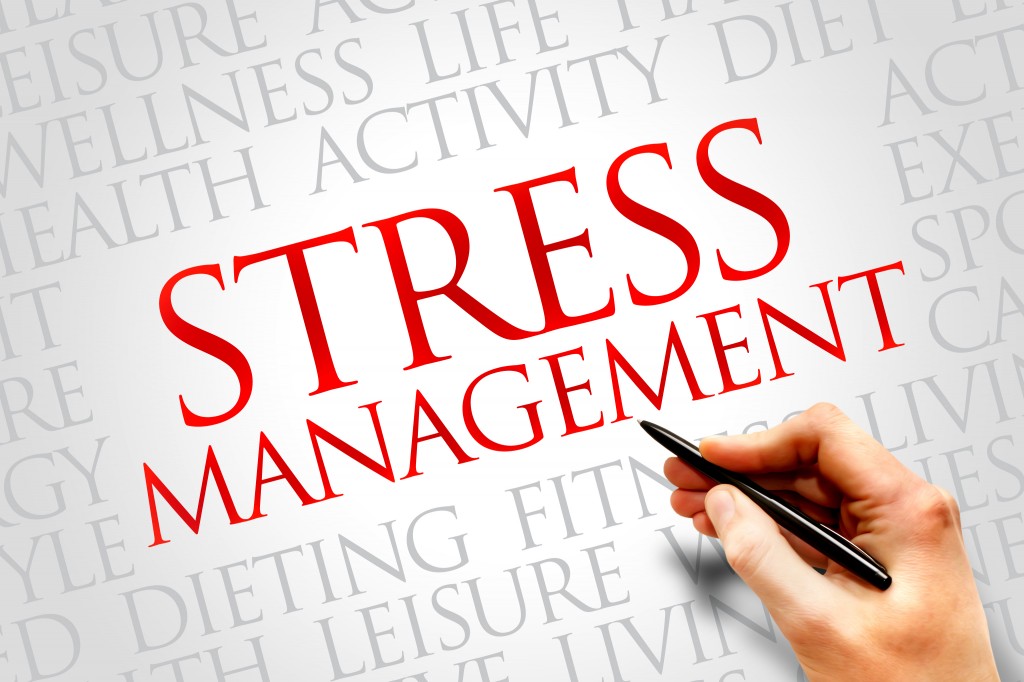Successful Stress Management Techniques

Beth J Shaw author of YOGAFIT Stress Management means basically, learning how to manage stress, by witnessing it, and releasing it. Stress management, is simply, a daily process to let go of tension stored in the body and mind. Without this letting go process, we become candidates for ulcers, heart attacks, migraines and premature aging. All known […]
7 Signs of Emotional Overeating

7 Signs of Emotional Overeating April 1st marks the beginning of Emotional Overeating Awareness Month, giving us an excellent opportunity to explore our relationship to food and the emotions that tend to belie our eating habits. In the clinical sphere, emotional overeating is defined as a “maladaptive coping strategy” involving an increase in food intake […]
